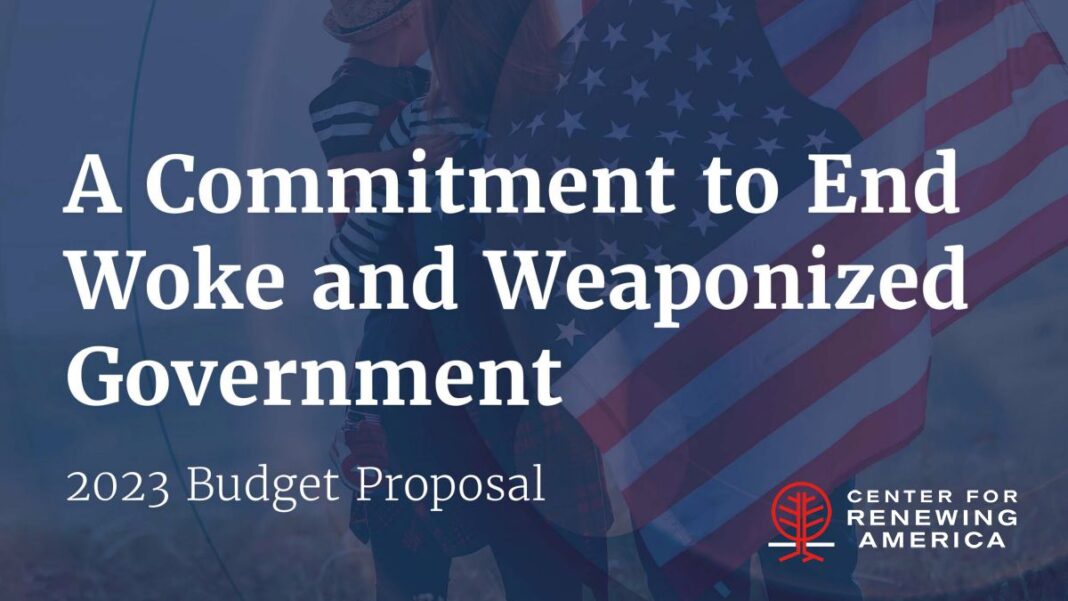WASHINGTON—Today, The Heritage Foundation, in partnership with America First Legal, filed an amicus brief in Gonzalez v Google. With Boyden Gray & Associates serving as lead counsel, the amicus brief was filed on behalf of Senators Ted Cruz, Mike Braun, Joni Ernst, Lindsey Graham, Chuck Grassley, Bill Hagerty, James Lankford, Mike Lee, Cynthia Lummis, Marco Rubio, and Roger Wicker, and Representatives Mike Johnson, Jodey C. Arrington, Scott Fitzgerald, Doug Lamborn, Victoria Spartz, and Tom Tiffany.
Gonzalez v Google puts the limits of Section 230 immunity to test. The family of Naomi Gonzalez argues that YouTube helped aid and abet her killing in the 2015 Islamic State terrorist attacks in Paris by “recommending” content by a militant Muslim group. The central premise the court is considering in the case is whether YouTube’s active role in recommending videos negates Section 230’s liability shield for tech companies.
Heritage’s brief makes a textualist argument that lower courts have improperly expanded the scope of Section 230 immunity from civil liability for tech companies beyond what the text of the statute allows. It asks the Supreme Court to send this case back to the lower courts with new directions on proper interpretation.
Heritage’s filing of this amicus brief comes as Heritage is increasingly taking a more muscular approach to litigation, along with its traditional work on policy, and also going on offense to hold Big Tech accountable for undermining Americans’ rights and assuming undue control over our society.
Kara Frederick, director of Heritage’s Tech Policy Center, released a statement on the filing of the amicus brief:
“For too long, Big Tech companies have hidden behind Section 230 immunity to strip conservatives of their voices online. Broad, misguided interpretations of Section 230 have emboldened these companies to abuse their concentrations of power and police the legitimate speech of ordinary Americans without accountability. Lower courts’ expansion of this immunity has allowed Big Tech companies to escape meaningful checks by the people on such censorship.
“This brief asks for the bare minimum: to redress the egregious expansion of immunity from civil liability by the lower courts. At the end of the day, Americans are looking for answers to Big Tech’s abuses. More aggressive reforms are needed to right Big Tech’s wrongs. No matter what the Supreme Court decides in this particular case, Congress and the states have roles to play here as well. There can be no true freedom of speech when our society’s most powerful actors abuse the law to decide who can make their voices heard.”
Read the full brief here and below.






